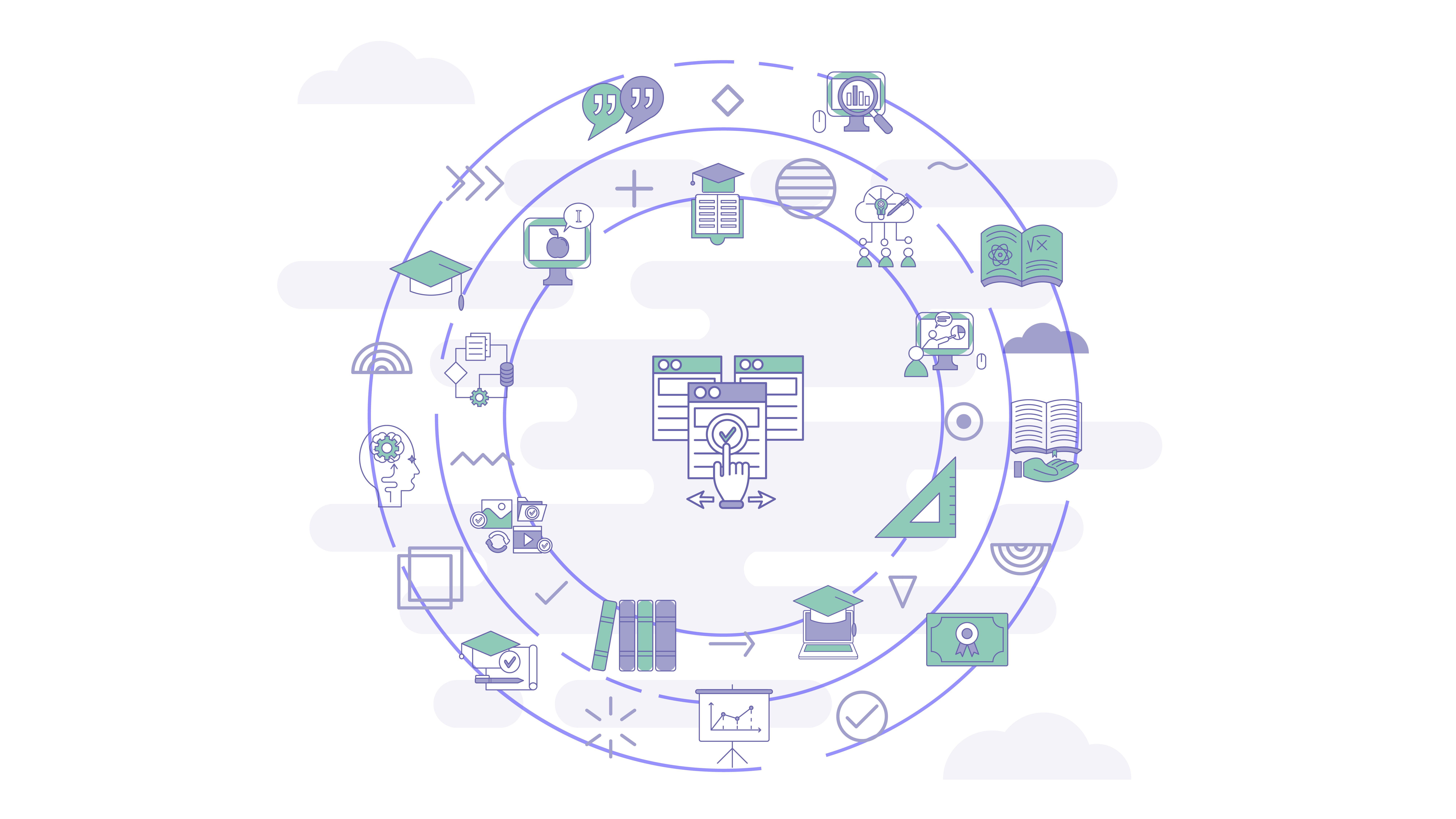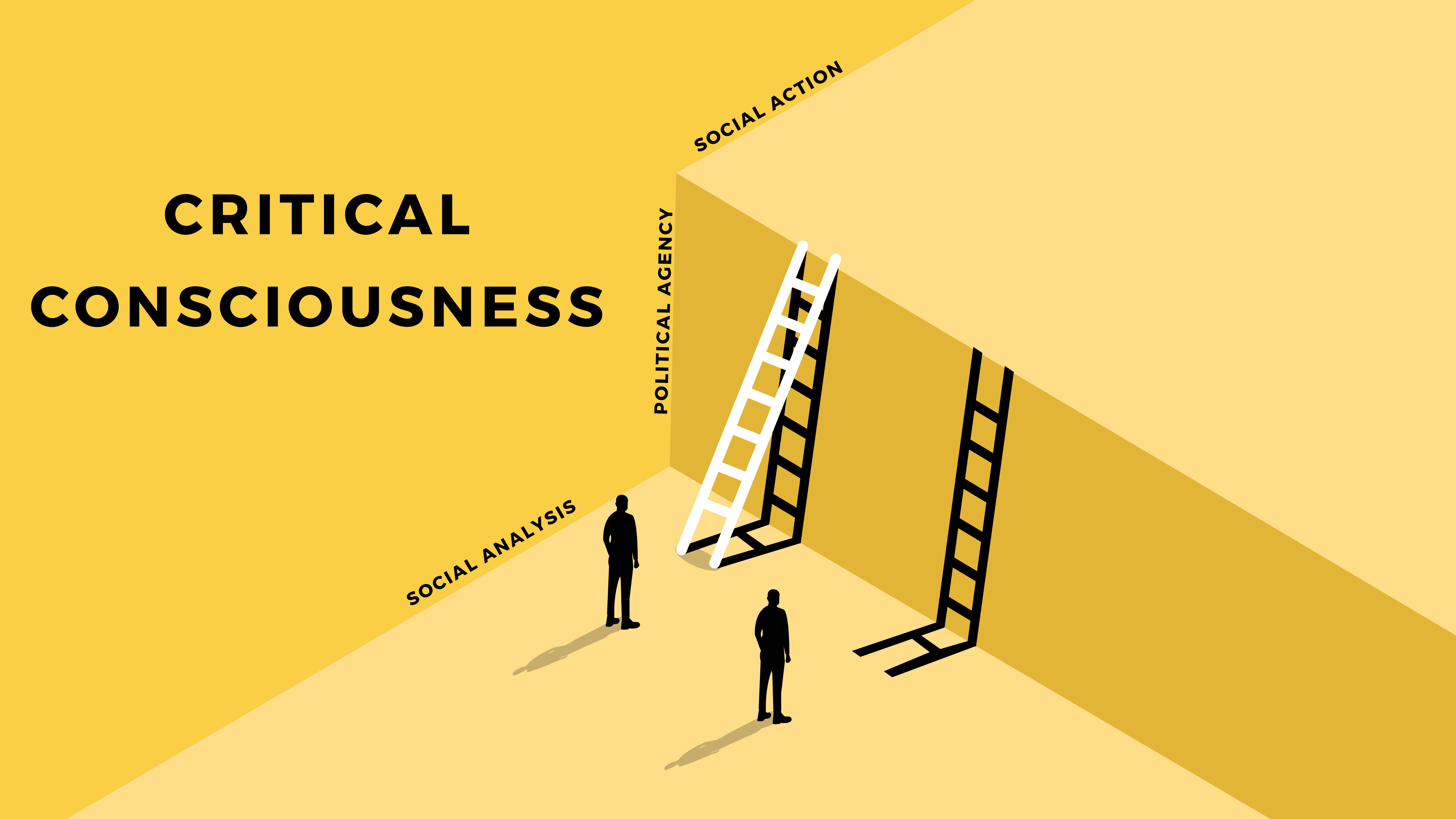The term learning experience design is having a moment. An increasingly utilized and recognized phrase within and even outside the field of online learning, it’s popping up in many places as people discover what this kind of design is all about.
Read MoreIf you spend any time in tech or online learning spaces, you’ve probably heard the words “learning experience” (LX) and “user experience” (UX). Here at Extension Engine, we often talk about these terms in relation to design, because that’s what we do: We offer LX design and UX design to our clients for their learning experience platforms. And while these two things can go hand in hand, they don’t always have to.
Read MoreUnless you work in higher ed, you may not have heard the term critical consciousness. Developed by Brazilian educator and philosopher Paulo Freire, it first appeared in his book Pedagogy of the Oppressed, published in 1968. Freire saw education as being inextricably linked with social justice and “described critical consciousness as a powerful tool for societal transformation by motivating individuals to combat oppression, violence, and dehumanization within their communities” (Seider & Graves, 2020, p. 3).
Read MoreWe talk a lot about the value of our People Operations, or People Ops, practice at Extension Engine. Because it’s not the industry standard (most companies have an HR department instead), we know that it requires some explanation.
We choose to have this practice because we see our employees not as resources but as individuals. So in order to better and more fully serve them as the people they are, we put the focus on “people” over “resources.” Yes, we’ll help you with your computer setup, but we’ll also help you maximize your talents and develop a learning plan to build your career into what you want it to be.
For more on our company culture, check out these blog posts on authenticity, transparency, humanity, and how to retain the best staff.
Read MoreSay you’re a math student in a basic mathematics course online, and you take a test on addition. Whether you’re ready to move on to the next lesson studying subtraction should be based on how well you do on your test, right? If you get nine out of 10 questions correct, you’ve shown enough knowledge of the subject of addition to start learning how to subtract. If you only get three questions correct, you have more studying to do and will be returned to an earlier point in the course to practice.
Read MoreTopics
- Strategy for Online Learning (68)
- Learning Experience Design (51)
- Custom Learning Experiences (45)
- Digital Transformation of Learning (45)
- Online Learning Platforms (28)
- Building Capacity for Online Learning (17)
- Company Culture (14)
- Product Management and Design (14)
- Online Program Management (OPMs) & Alternatives (13)
- COVID response (9)
- Press (9)
- User Experience Design (5)
- Development (4)
- Project Management (2)





